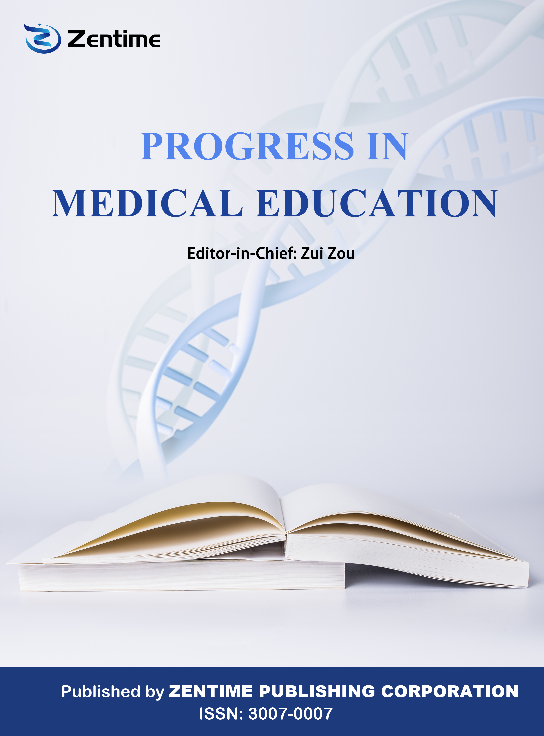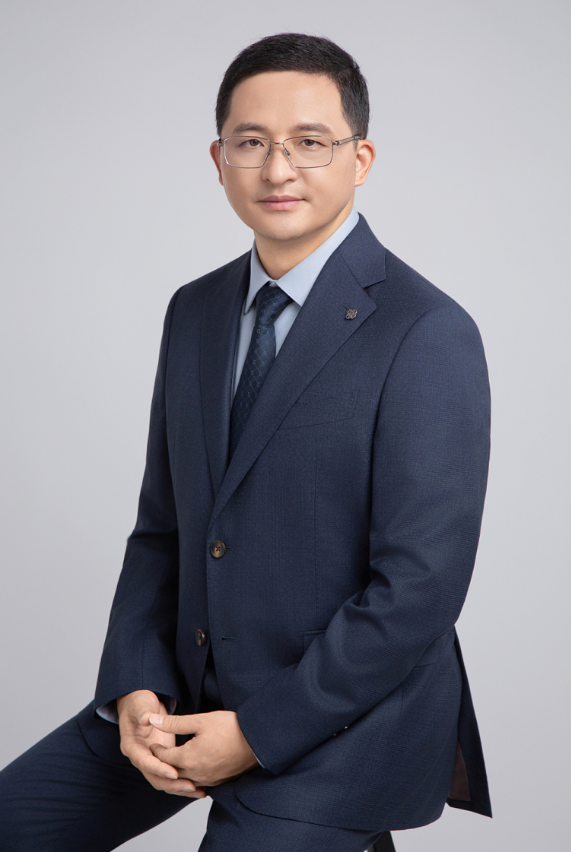Importance of integrating ideological and political education into anesthesiology training
Zhenghuan Song1,2*, Miao Zhou1*, Tingting Bao1, Zhu Yu1, Yihu Zhou1, Mengling Huwang3, Qinyu Bao2,
Tongyan Liu3, Jing Tan1,2
1Department of Anesthesiology, Jiangsu Cancer Hospital & Jiangsu Institute of Cancer Research & The Affiliated
Cancer Hospital of Nanjing Medical University, Nanjing 210009, Jiangsu Province, China. 2Jiangsu Province Key
Laboratory of Anesthesiology, Xuzhou Medical University, Xuzhou 221004, Jiangsu Province, China. 3Department
of Thoracic Surgery, Jiangsu Cancer Hospital, Jiangsu Institute of Cancer Research, the Affiliated Cancer Hospital
of Nanjing Medical University, Jiangsu Key Laboratory of Molecular and Translational Cancer Research, Collabora
tive Innovation Center for Cancer Personalized Medicine, Nanjing 210009, Jiangsu Province, China.
*The authors contribute equally.
Address correspondence to: Jing Tan, Department of Anesthesiology, Jiangsu Cancer Hospital & Jiang
su Institute of Cancer Research & The Affiliated Cancer Hospital of Nanjing Medical University, No.42
Baiziting, Xuanwu District, Nanjing 210009, Jiangsu, China. Tel: +86-025-8328465, E-mail:tanjing@
njmu.edu.cn. Tongyan Liu, Department of Thoracic Surgery, Jiangsu Cancer Hospital, Jiangsu Institute
of Cancer Research, the Affiliated Cancer Hospital of Nanjing Medical University, Jiangsu Key Labo
ratory of Molecular and Translational Cancer Research, Collaborative Innovation Center for Cancer
Personalized Medicine, Nanjing 210009, Jiangsu Province, China. E-mail:liutongyan@njmu.edu.cn
Acknowledgement: This work was supported by the The Educational Research Project of Nanjing Medical Univer
sity (SLYB 2023-02).
DOI: https://doi.org/10.61189/882381xoiqse
Received October 28, 2024; Accepted February 17, 2025; Published April 1, 2025
Highlights
●Integrating ideological and political education into anesthesiology residency training enhances doctor-patient communication and humanistic care.
● Residents in the combined training model demonstrated improved professional competence and clinical skills compared to those in the traditional training model.
● Patient satisfaction was significantly higher in the observation group that received additional ideological and political education.
● Mini-CEX and DOPS assessments can effectively measure the impact of the new teaching model on resident performance and patient interactions.


 Submit
Submit






